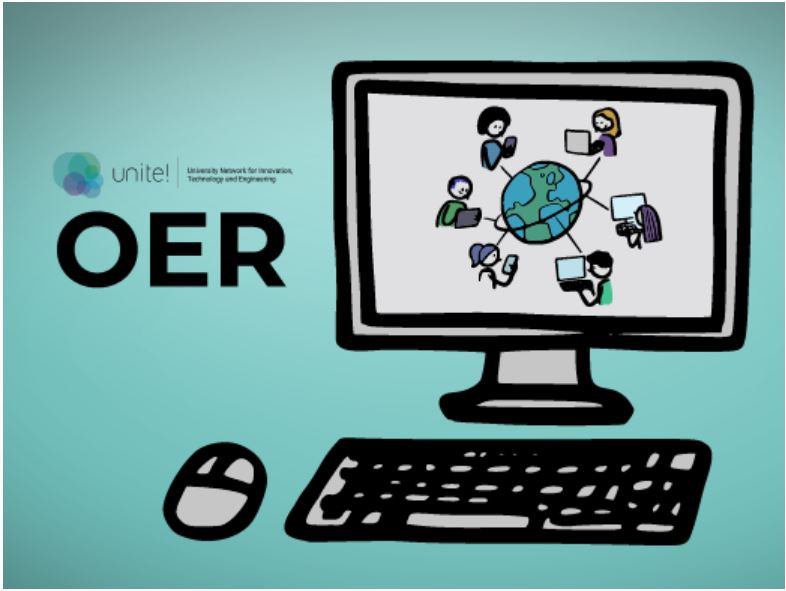Open educational resources (OERs) refers to freely available teaching materials that can be edited, adapted, and shared without breaching copyright. This is facilitated through so-called "open licences" or materials that belong to the Public Domain.
This course introduces the concept of OERs to students and teachers at universities, and in compulsory and upper-secondary school. OER is not only an important question of educational policy for international organisations such as UNESCO, but also a part of the request for Open Science as an integrated part of the movement towards a more open and accessible scientific practice.
The course will also show how and where OERs can be found and published. For example, open licences such as CC-0, CC-BY and CC BY-4.0 are explained.
The course content is developed within a joint project consisting of nine universities in the European university alliance Unite!.
